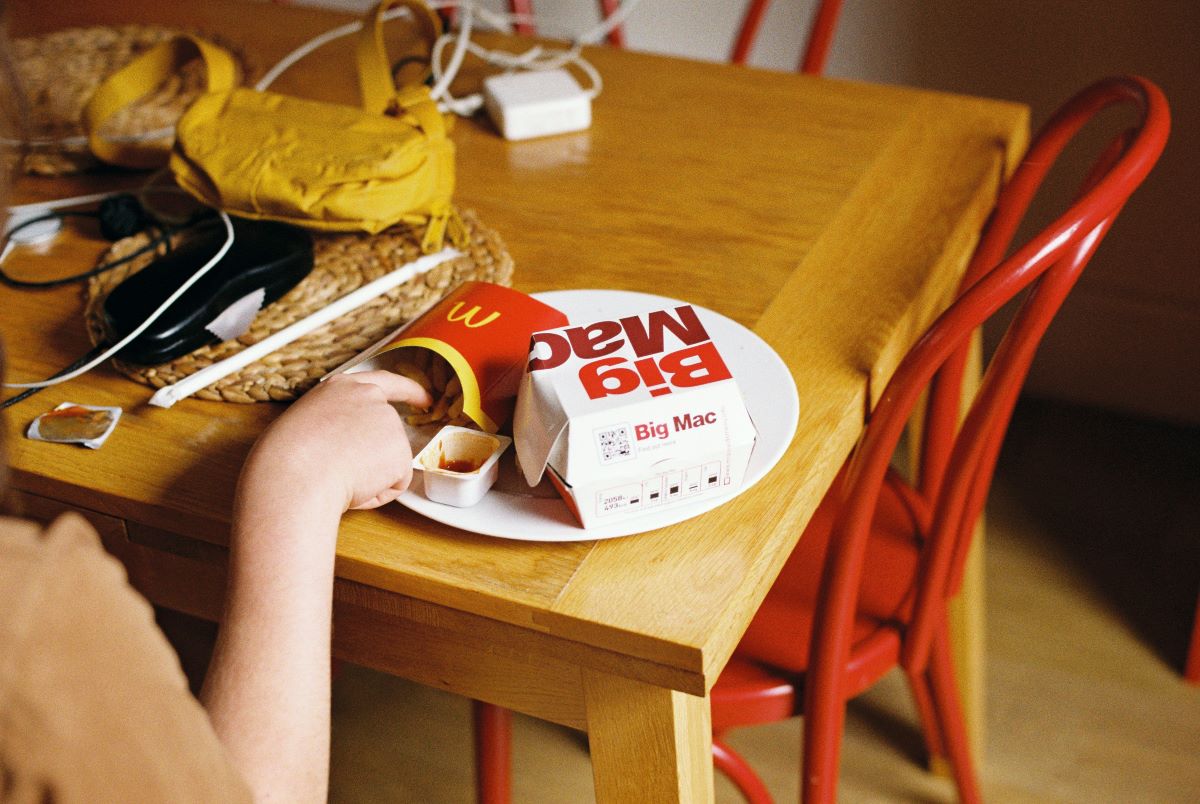McDonald’s new limited release Chicken Big Mac got me thinking about the original and unmistakable Burger Icon, the Big Mac. The Big Mac is not just a fast-food legend—it’s also a fascinating case study in business law and trademark strategy. Created by McDonald’s franchisee Jim Delligatti in 1967, this iconic sandwich was inspired by the double-decker burgers already popularized by rival Big Boy hamburger restaurants. Delligatti, operating in Pittsburgh, debuted the Big Mac at his Uniontown location for just $0.45 (about $4.11 today). Designed to compete with Big Boy, the Big Mac became an instant hit, leading McDonald’s to add it to its national menu in 1968.
Like many iconic products, the Big Mac is protected under US trademark law. McDonald’s registered the “Big Mac” name, many years ago, with first use dating back to 1967. This move highlights how trademark protection is critical for safeguarding a brand’s intellectual property, as well as specific product lines. By securing trademarks for famous products like the Big Mac, McDonald’s has the exclusive right to use the name in connection with its goods, “sandwich(es) for consumption on or off the premises,” preventing competitors from copying or diluting the brand.
Business law plays an equally important role in franchising. Delligatti’s ability to create and market the Big Mac within the framework of his McDonald’s franchise demonstrates how franchising agreements allow for innovation while still adhering to corporate standards. Franchisees can sometimes be the source of significant product developments, and understanding the legalities of these agreements is key to both protecting and promoting these innovations.
The Big Mac’s early days also underscore the importance of marketing and branding, another area where business law comes into play. With initial names like the “Aristocrat” and the “Blue Ribbon Burger” failing with the public, McDonald’s finally landed on a winning name—one that has become synonymous with the company itself. Through smart trademark registration, marketing, and savvy business decisions, McDonald’s has turned the Big Mac into one of the most valuable assets in its global empire, illustrating the power of intellectual property in building long-lasting brand equity. Now, who else is hungry?


